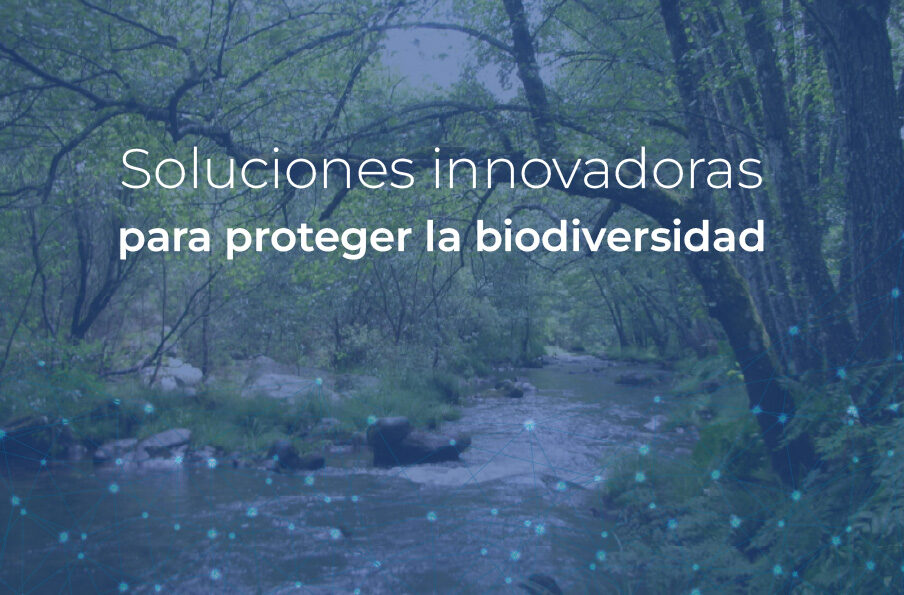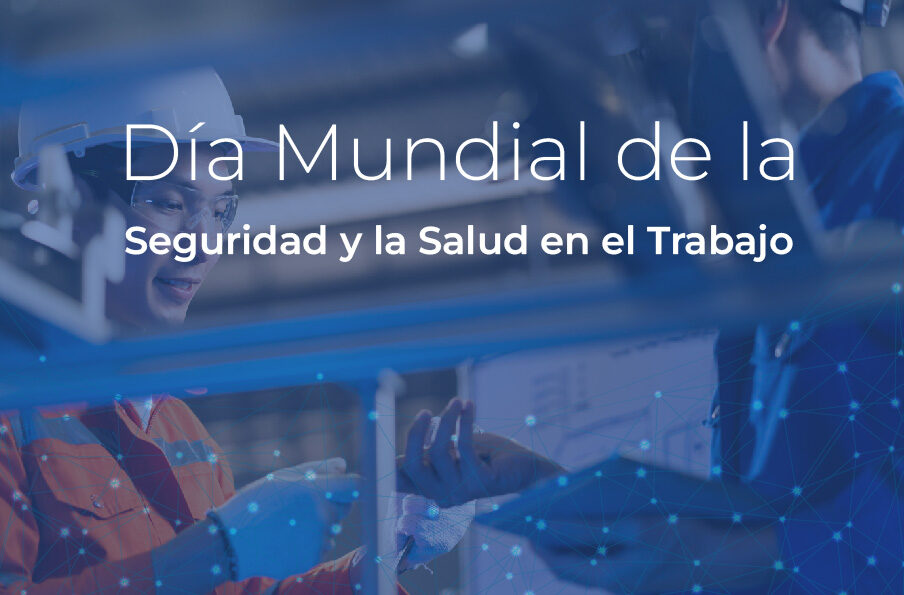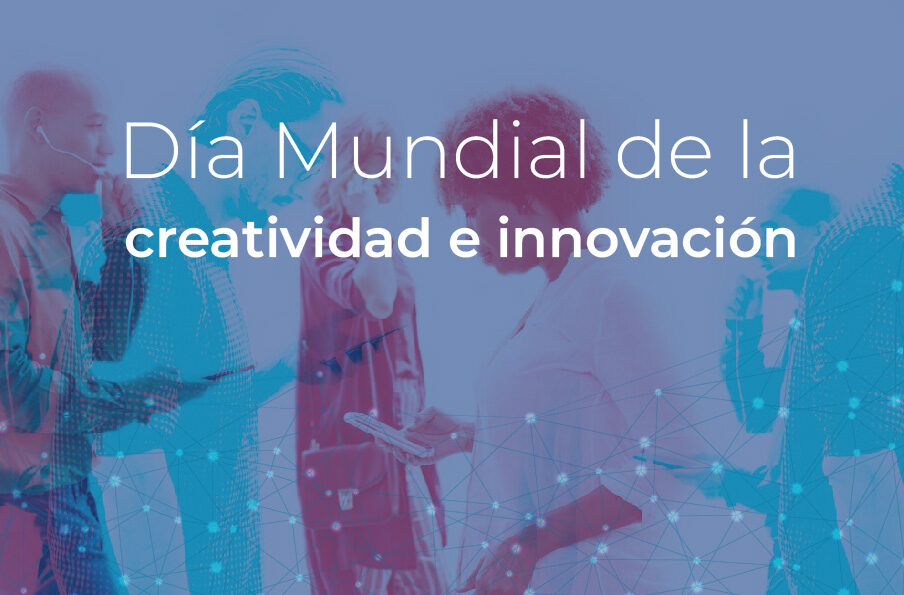The Río Hortega University Hospital in Valladolid was the setting for the ‘Construyendo Sinergias’ meeting, a key event aimed at promoting health research and innovation in Castilla y León.
Organized as part of the “Colabora” program of the Strategic Plan for Health Research and Innovation 2023-2027, the meeting brought together some 250 professionals from the healthcare sector, including members of universities, technology centers and private entities, all united by a common goal: to advance healthcare research and development in the region.
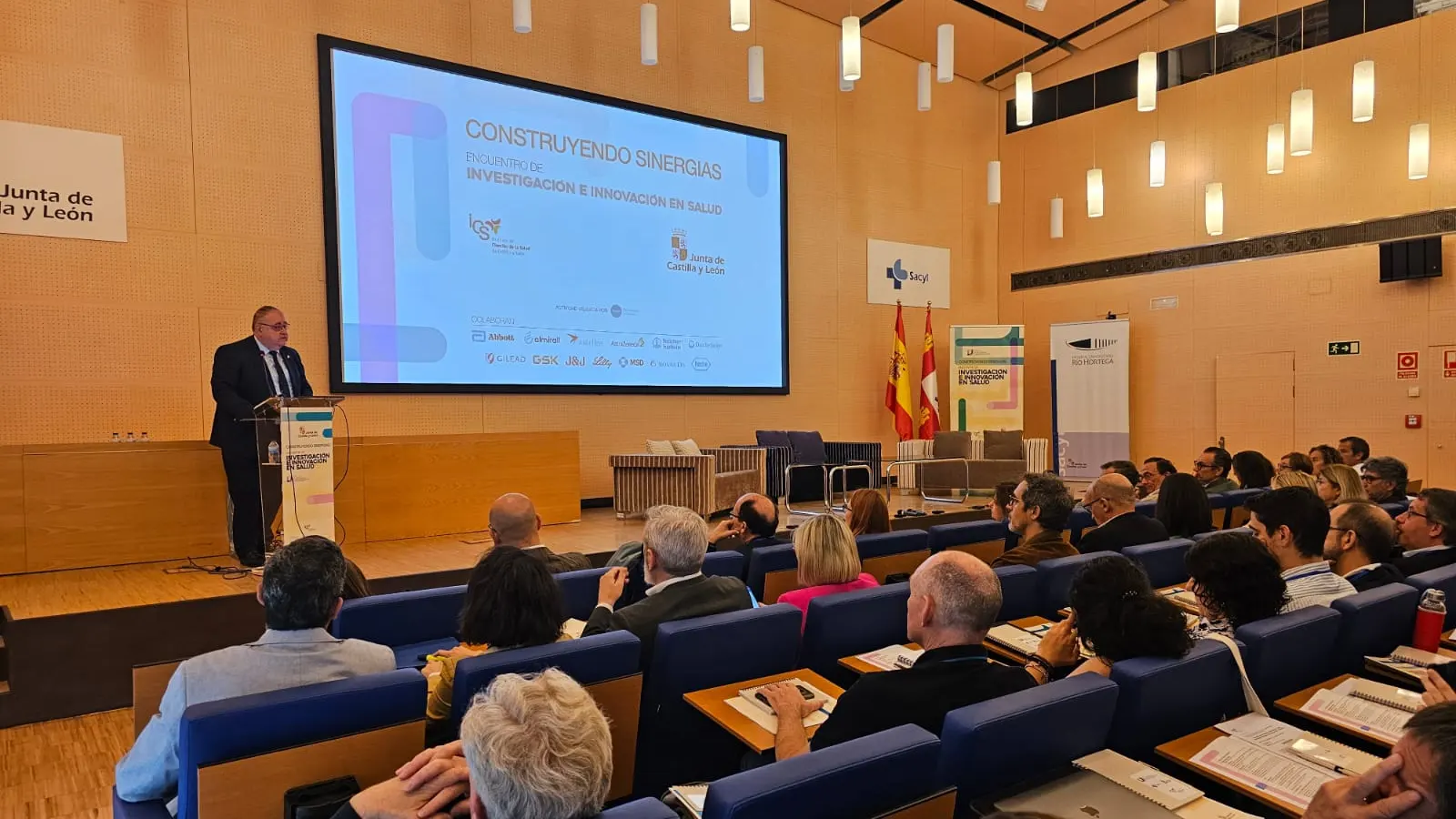
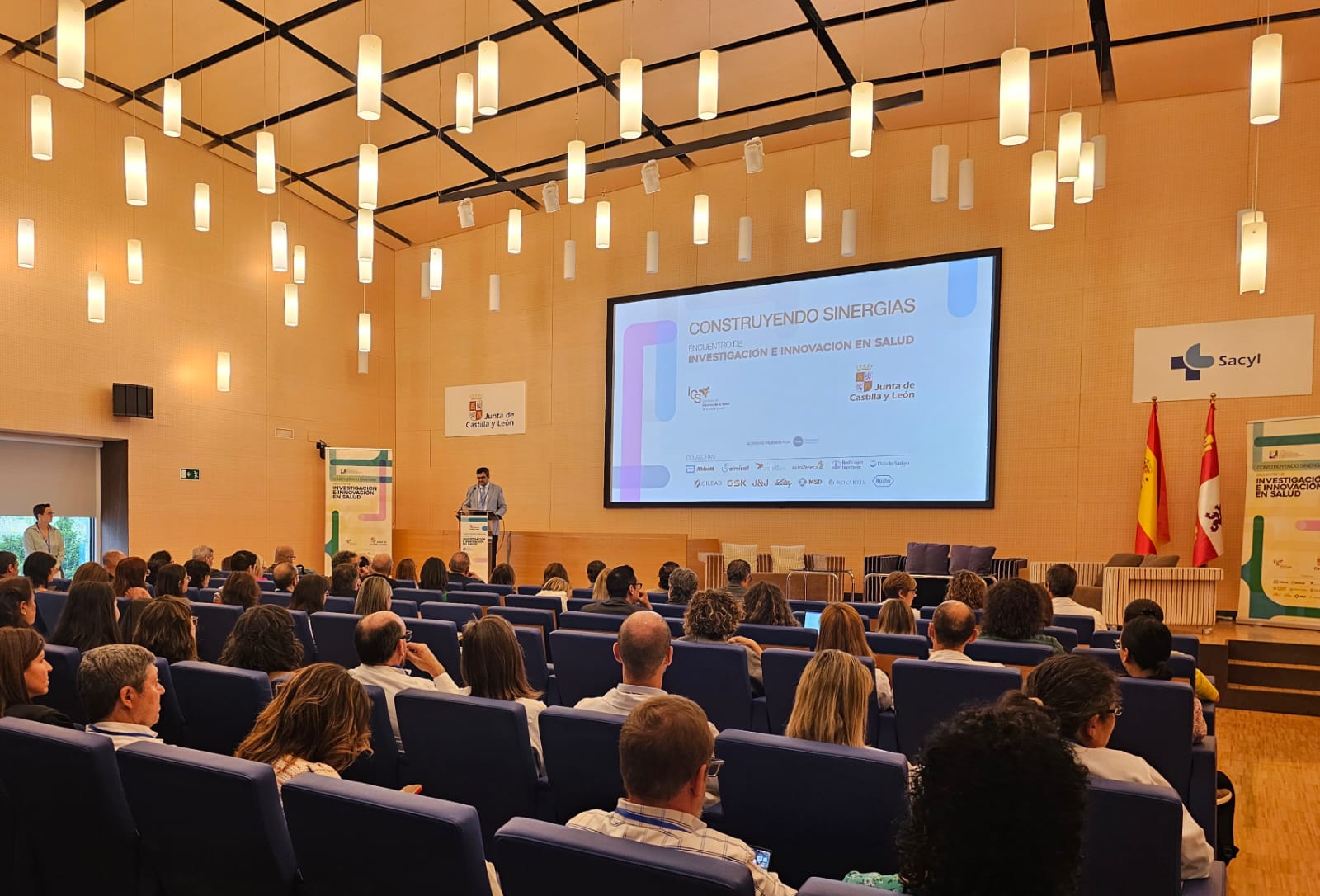
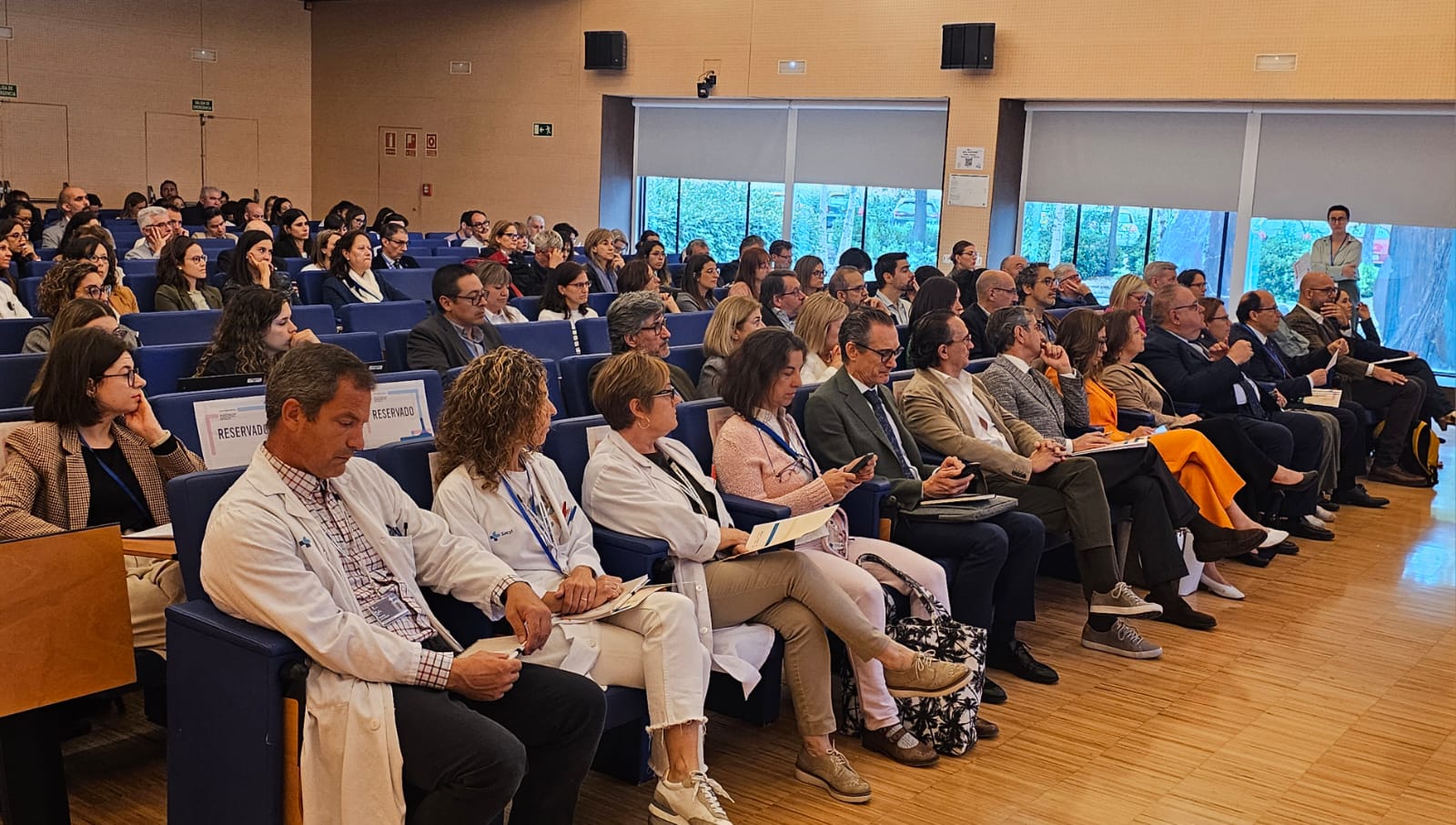
The event was inaugurated by Alejandro Vázquez Ramos, Minister of Health of the Junta de Castilla y León, and María Belén Cantón, Manager of the HURH, who stressed the importance of interdisciplinary cooperation and the exchange of knowledge.
The conference, organized by Fundación IECSCYL and the Junta de Castilla y León, continued with a series of round tables and conferences that explored topics such as “Health research institutes: a lever for the translation, innovation and international positioning of health research”.
The value of technology and processes for healthcare research and innovation
Our Managing Director, Eduardo Andrés Martínez, was honored to participate in a panel of experts along with leading figures such as Amelia Martín Uranga, Director of Clinical and Translational Research at Farmaindustria, and Nuria Marcos, Managing Director of PONS IP. Moderated by María Teresa Rodríguez Acebes, Managing Director of the Valladolid Biosanitary Institute (IBioVALL), the panel explored how innovation emerges as a direct result of collaborative and multidisciplinary research.
At the ‘Building Synergies’ meeting, several key messages highlighted the importance of collaboration and strategic planning in innovation. It was emphasized that effective innovation requires a team approach, where diverse entities such as the Castilla y León Technology Centers (CCTT) bring together their complementary capabilities to move forward more efficiently. In addition, the need to consider valorization from the beginning of the research and innovation process, including aspects such as framework contracts and intellectual property protection, was highlighted. Finally, the importance of systematic and challenge-focused innovation was stressed, implementing well-structured research and innovation processes to maximize efficiency and effectiveness of results. These approaches accelerate the development of new solutions and ensure that advances are sustainable and aligned with the real needs of the healthcare sector.
Primary care, nursing and public health research networks
In the afternoon it was time to present opportunities and establish collaborative networks ranging from infectious diseases to personalized and precision medicine. The event culminated with workshops that addressed practical issues in different healthcare fields, demonstrating the richness and depth of research and innovation in healthcare in Castilla y León.
Building synergies in healthcare
This meeting stood out for its richness of content and intersectoral collaboration, being part of the ‘Open Administration Week’ of the Junta de Castilla y León, and reaffirming the commitment to bring public administrations closer to citizens and promote open and participatory governance.
At NODDO, we are proud to contribute to these initiatives that improve the health of our community and strengthen the fabric of our region.



